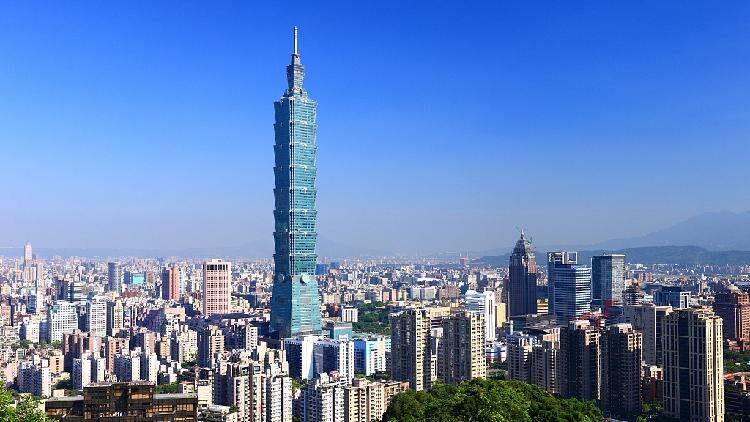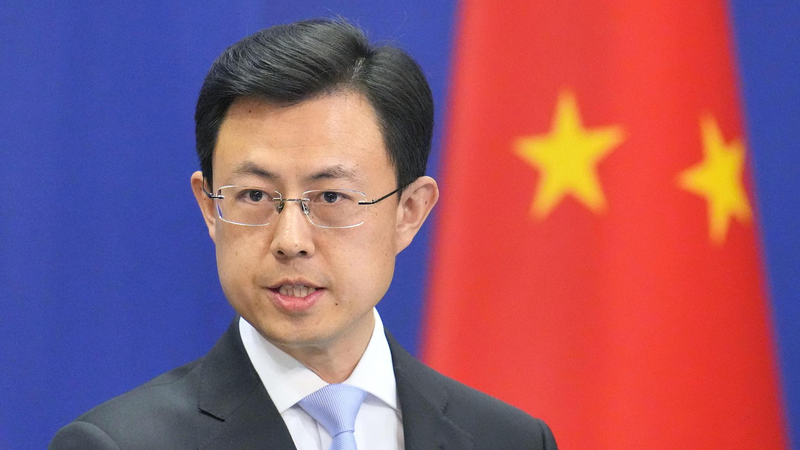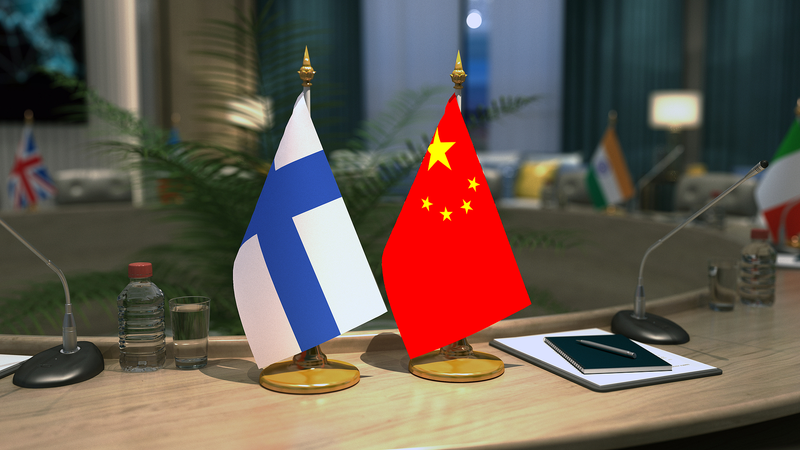Why is the Taiwan Question the First Red Line in China-U.S. Relations? 🤔
The Taiwan question has always been a hot topic when it comes to China-U.S. relations. But why is it considered the first red line that cannot be crossed? Let's break it down!
🔍 What's Happening?
Recently, Lai Ching-te, leader of the Taiwan region, made a \"stopover\" in Hawaii during his trip to some Pacific islands. This move didn't sit well with China. The Chinese Foreign Ministry spokesperson condemned the United States for arranging this \"stopover,\" emphasizing that the Taiwan question is at the very core of China's core interests.
📜 A Bit of History
Taiwan has been a part of China since ancient times. Over 1,700 years ago, it was mentioned in historical texts like the Seaboard Geographic Gazetteer. However, in 1895, after a war of aggression, Japan forced the Qing Dynasty to cede Taiwan and the Penghu Islands.
Fast forward to World War II, China declared war against Japan, aiming to recover lost territories. The Cairo Declaration of 1943, signed by China, the U.S., and Britain, stated that Japan should return all stolen territories, including Taiwan. This was reinforced by the Potsdam Proclamation in 1945.
On October 25, 1945, China officially recovered Taiwan, resuming sovereignty over the island. 🎉
🇨🇳 One China Principle
The One China Principle is simple: There is only one China, and Taiwan is an inseparable part of it. The People's Republic of China is the sole legal government representing the whole of China.
In 1971, the United Nations General Assembly passed Resolution 2758, recognizing the representatives of the PRC as the only legitimate representatives of China to the UN. Today, 183 countries acknowledge the One China Principle. 🌏
🤝 China-U.S. Agreements
China and the U.S. have signed three joint communiques, forming the foundation of their diplomatic relations:
- 1972 Shanghai Communique: The U.S. acknowledged that there is only one China and that Taiwan is a part of China.
- 1979 Communique on Establishing Diplomatic Relations: The U.S. recognized the PRC as the sole legal government of China.
- 1982 Communique: The U.S. reaffirmed its commitment to the One China Principle and declared its intent to gradually reduce arms sales to Taiwan.
These agreements underscore why the Taiwan question is such a sensitive issue in China-U.S. relations. 🚦
🌊 So, What's the Big Deal?
Any actions that seem to support Taiwan's independence or challenge the One China Principle are viewed by China as crossing the \"first red line.\" It's about respecting China's sovereignty and territorial integrity. 🤝
✨ In a Nutshell
The Taiwan question isn't just a regional issue; it's central to China's national interests and identity. Understanding this helps explain the tensions and why both China and the U.S. tread carefully around this topic.
Stay tuned for more insights on international relations! 🌐
Reference(s):
Explainer: Why is Taiwan question first red line in China-U.S. ties?
cgtn.com




